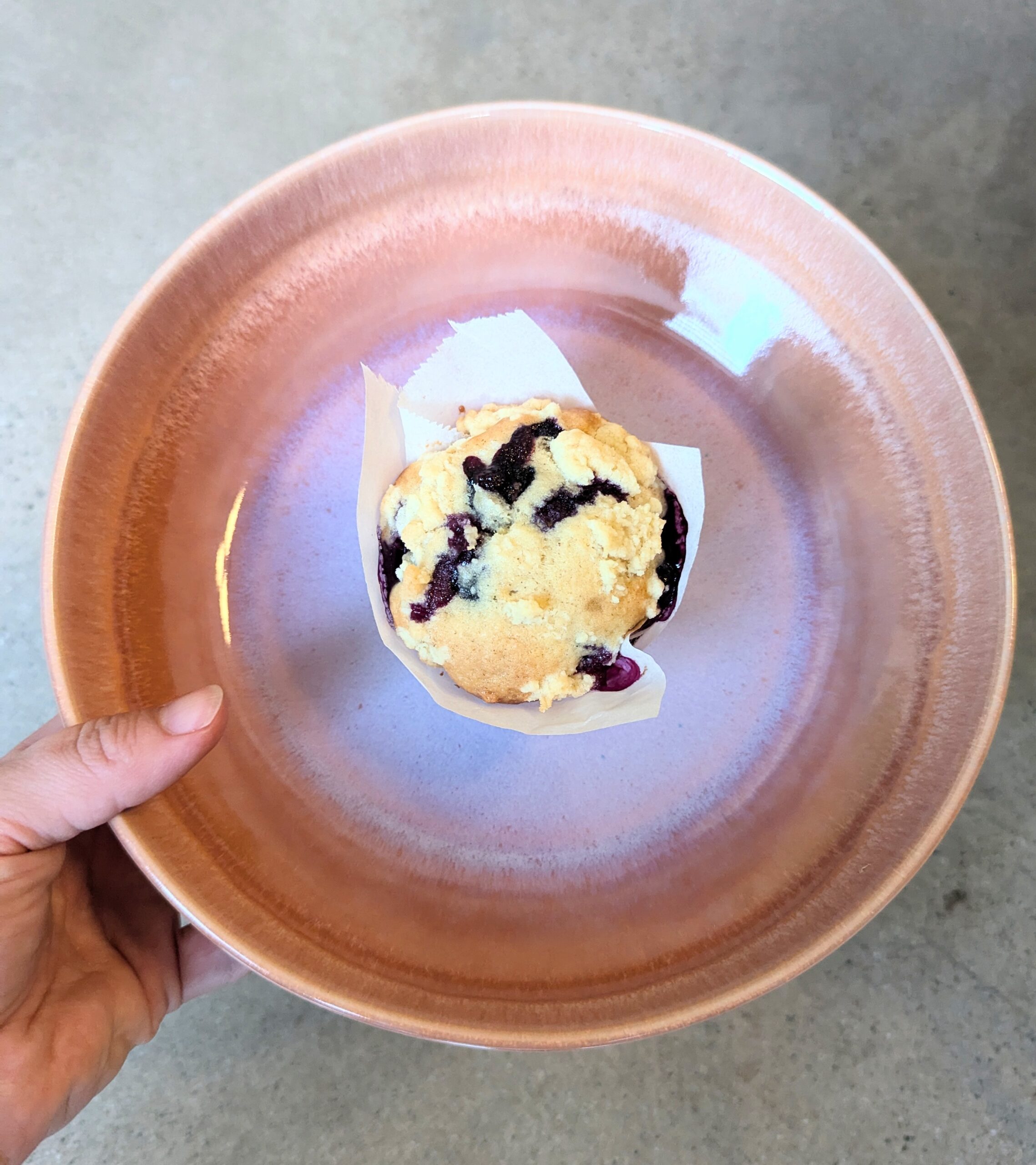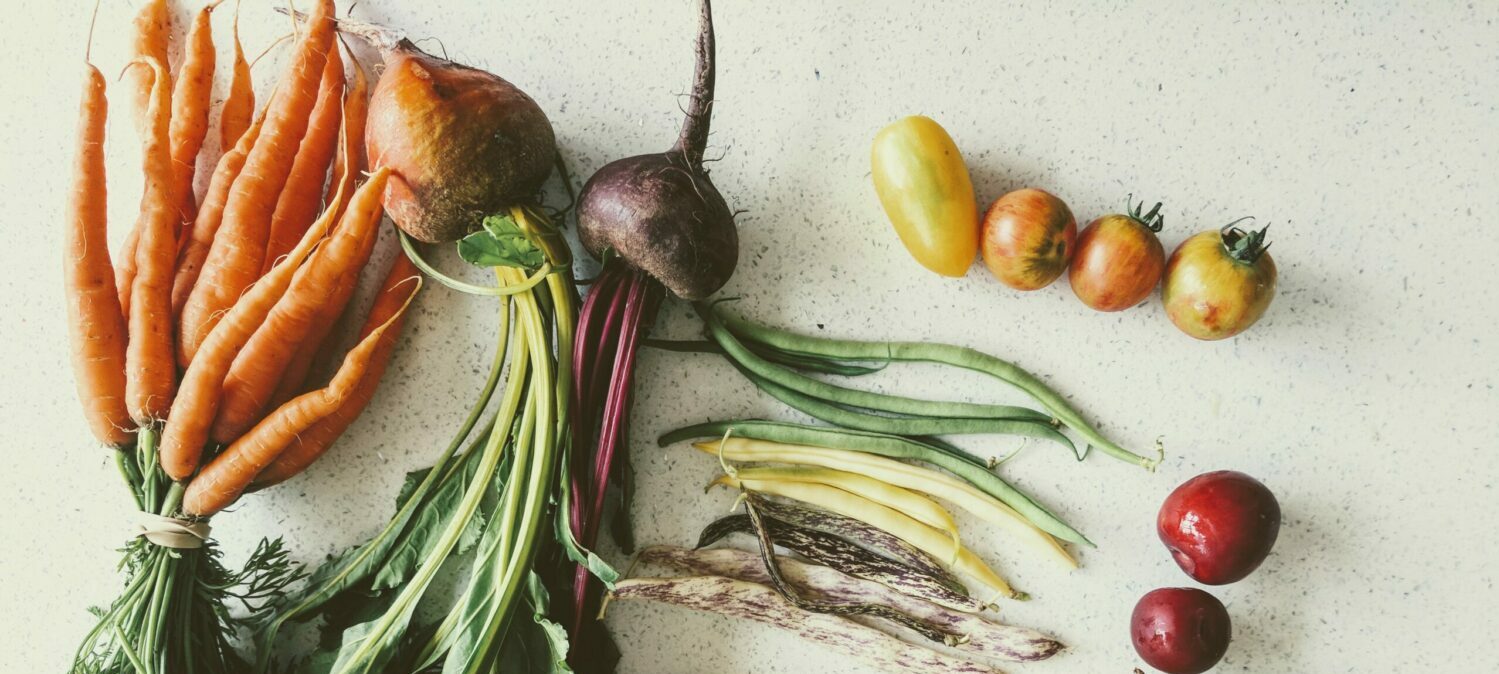The Comfort of Crumbs: Baking as a Recipe for Self-Care and Connection
Vancouver, BC – April 25, 2025 – In the vibrant city of Vancouver, British Columbia, amidst the demands of a busy life as a psychology student, Sylvia Elliott has discovered a profound connection between the comforting rhythm of baking and her own well-being. More than just creating delicious treats, Sylvia has found that the simple act of baking, from measuring ingredients to the warm aroma filling her kitchen, offers a powerful recipe for self-care, a practice she wholeheartedly embraces, especially on challenging days.
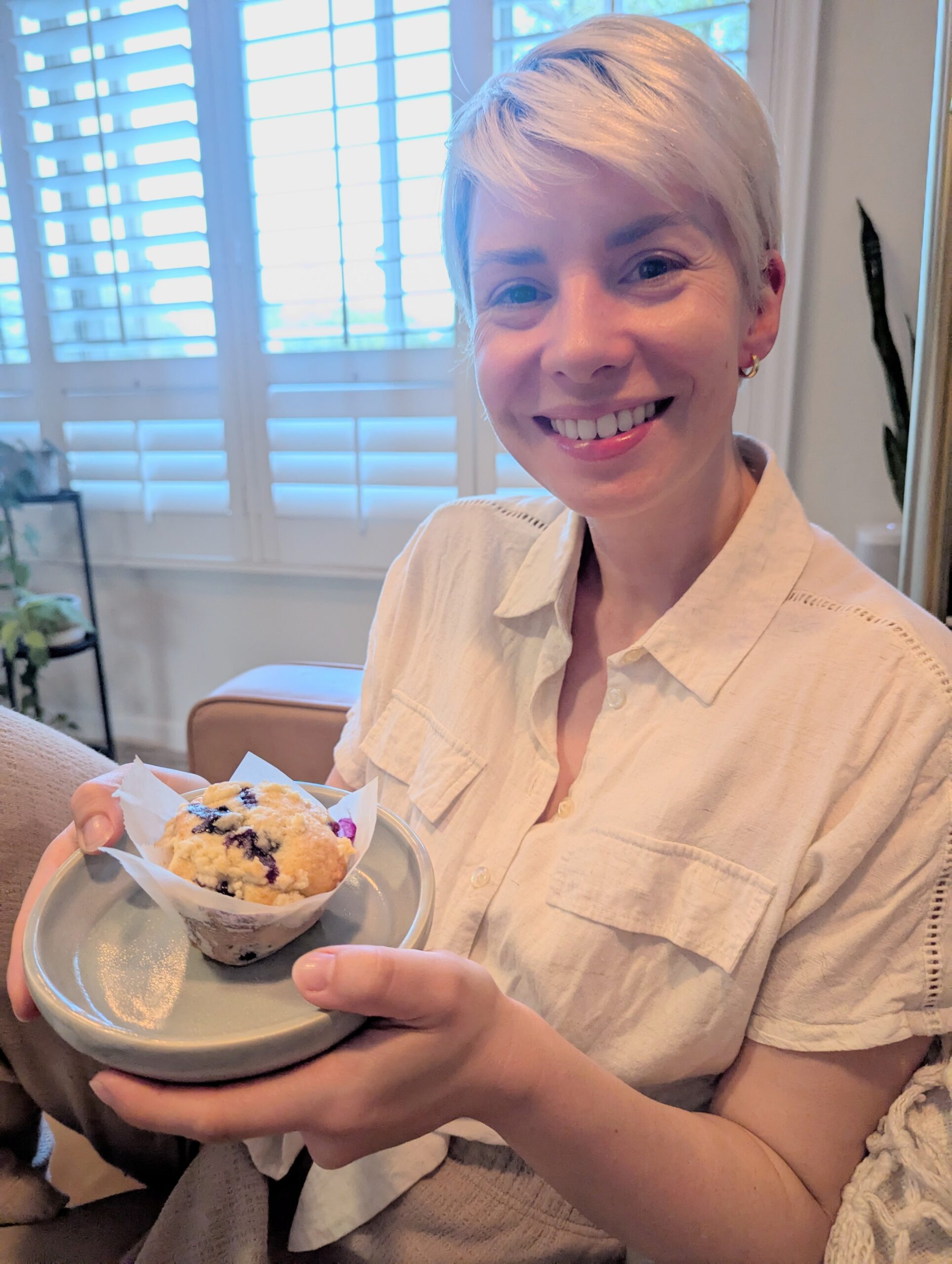
Sylvia’s belief in the therapeutic power of baking isn’t just a personal anecdote. As a former pastry chef who transitioned to social services and worked with at-risk youth in Vancouver, offering culinary workshops and life skills training, she witnessed firsthand the transformative impact of this accessible activity. “In those workshops,” Sylvia recalls, “baking wasn’t just about learning a skill; it was a way for these young people to connect with each other, build their confidence as they created something tangible, and experience the simple joy of accomplishment.” (Sylvia, 2025). The Mental Health Foundation highlights how engaging in creative activities, like those in culinary workshops, can improve overall mental health (Mental Health Foundation, 2016).
Research increasingly supports Sylvia’s observations. Studies highlight that engaging in activities like baking can promote mindfulness by focusing attention on the present moment (Northern Healthcare, 2023). Dalton also discusses how the focused nature of cooking and baking can cultivate awareness and reduce stress (Dalton, 2019). The creative aspect of experimenting with recipes and decorating baked goods can also boost positive emotions and contribute to overall well-being (Tan, Cheng, & Chou, 2021).
“The feel of the flour, the scent of vanilla, the transformation of simple ingredients – it’s a multi-sensory experience that really grounds me,” Sylvia explains (Sylvia, 2025). Flett et al, using the PERMA model, note that engagement in cooking can lead to positive emotions and a sense of accomplishment, contributing to well-being (Flett et al. 2021).
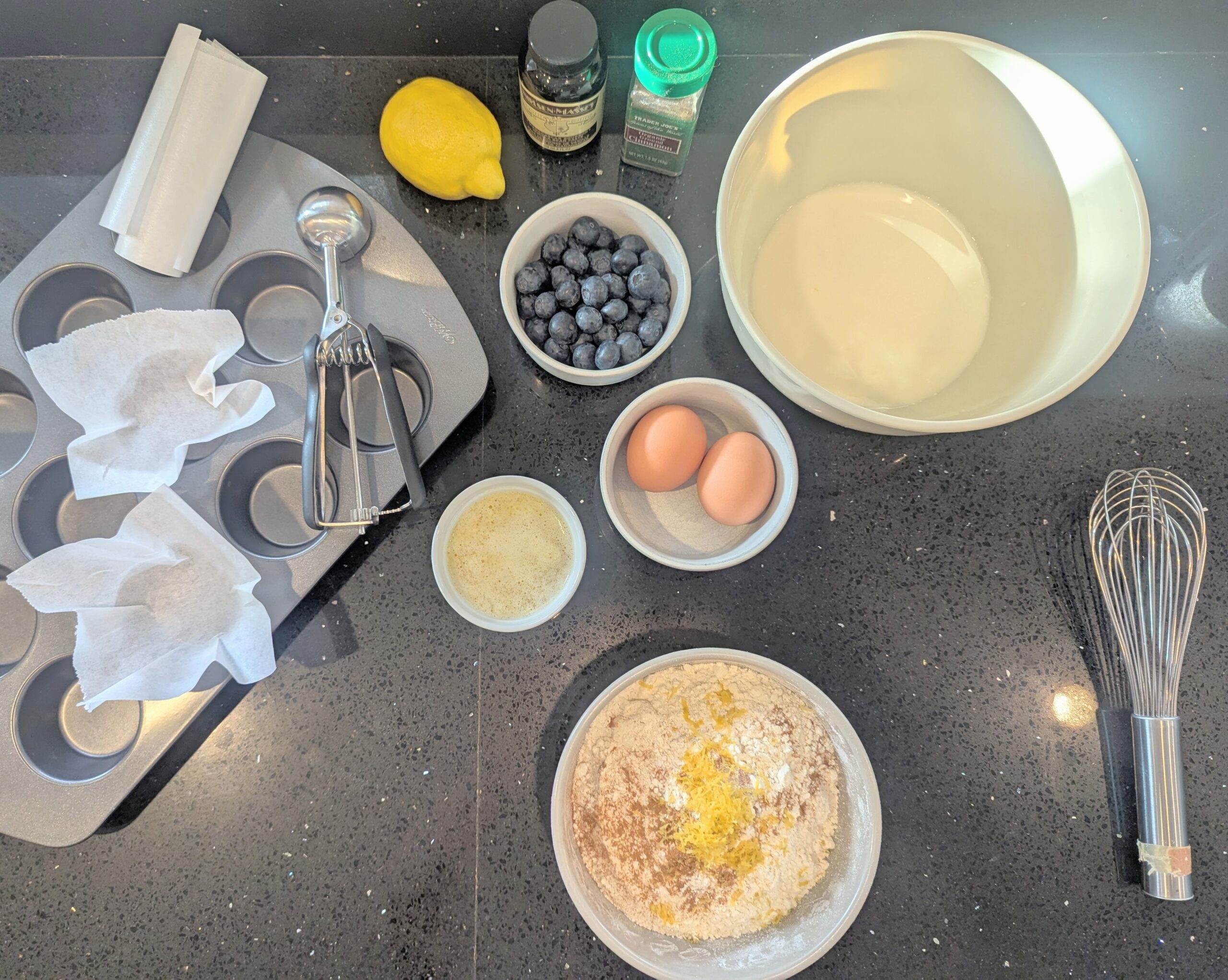
“Sharing something you’ve made creates a bond,” Sylvia notes. “Whether it was a batch of cookies or a simple loaf of bread, the act of creating and then sharing that food often became a catalyst for positive interaction and a sense of community among the young people.” (Sylvia, 2025). Richardson et al, found that recreational cooking and baking can enhance social connection and reduce isolation (Richardson et al. 2021).
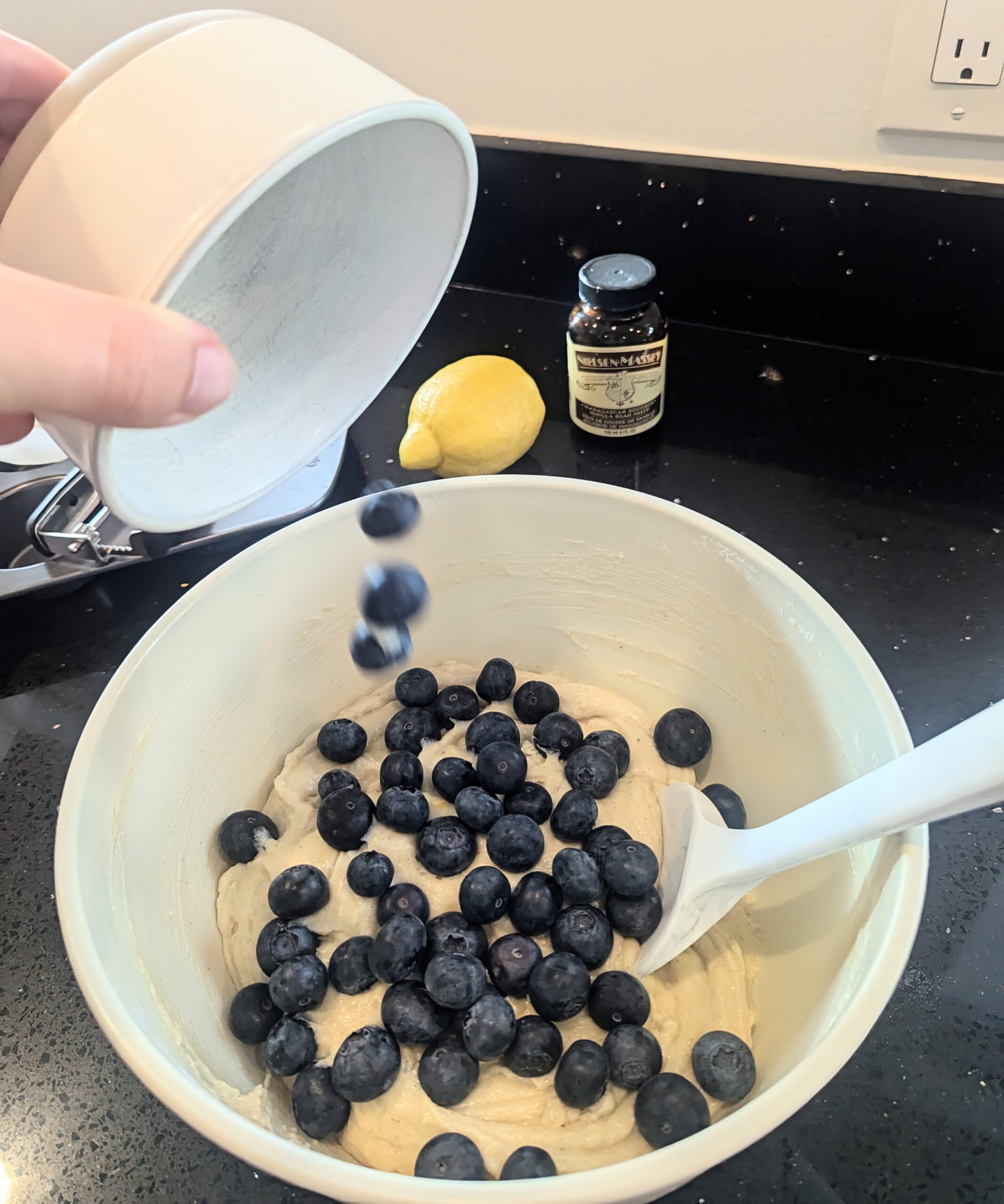
On her own “hard days,” Sylvia often finds solace in her kitchen. “There’s something incredibly comforting about the methodical process of baking,” she shares. “It’s a space where I can focus, create something tangible, and ultimately nurture myself.” (Sylvia, 2025).
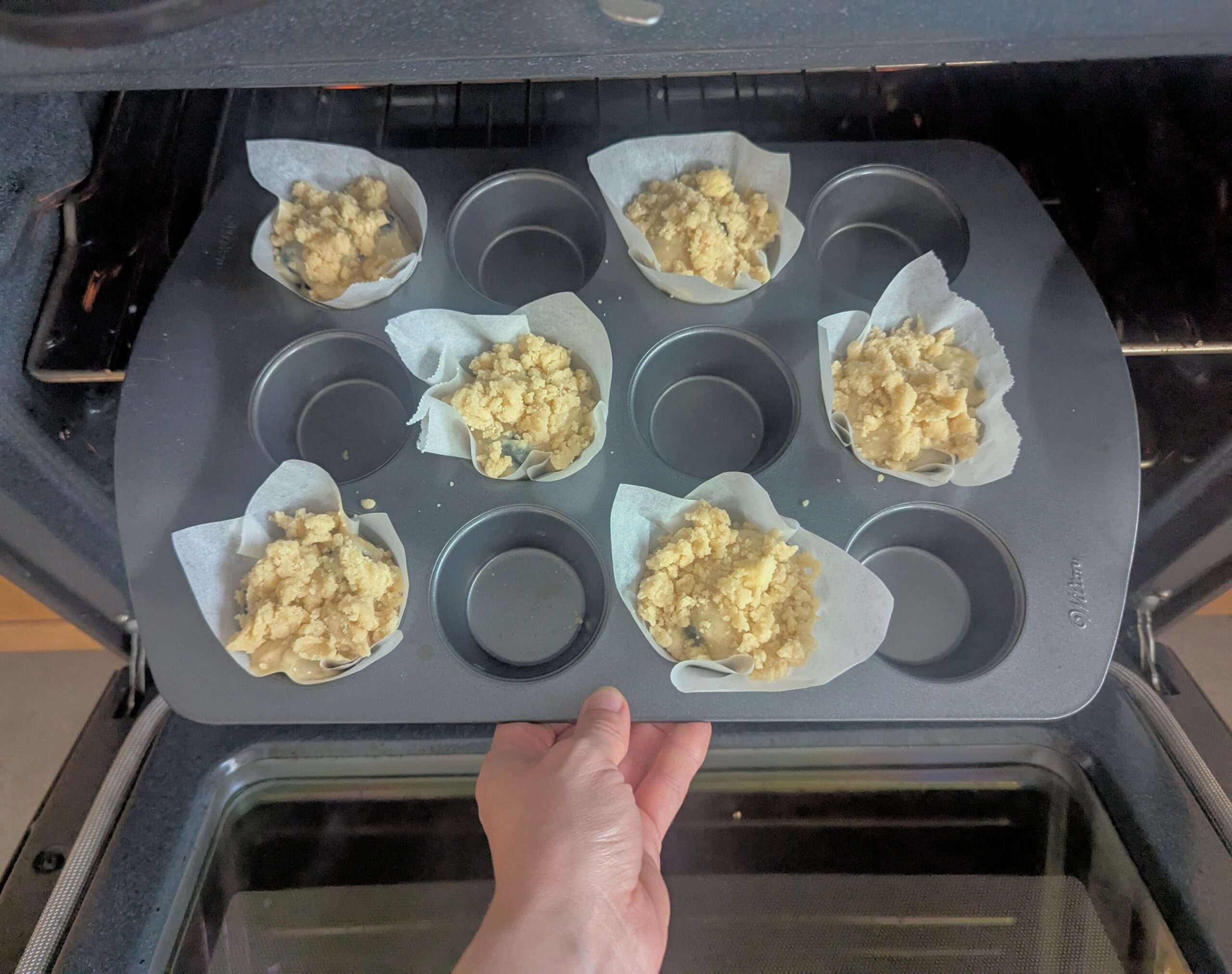
Sylvia’s journey, from a pastry chef sharing her skills with at-risk youth to a psychology student recognizing the profound impact of baking on mental well-being, underscores a simple yet powerful truth: in the midst of a demanding world, the comforting act of baking can be a meaningful recipe for self-care and a way to foster connection, one crumb at a time.
